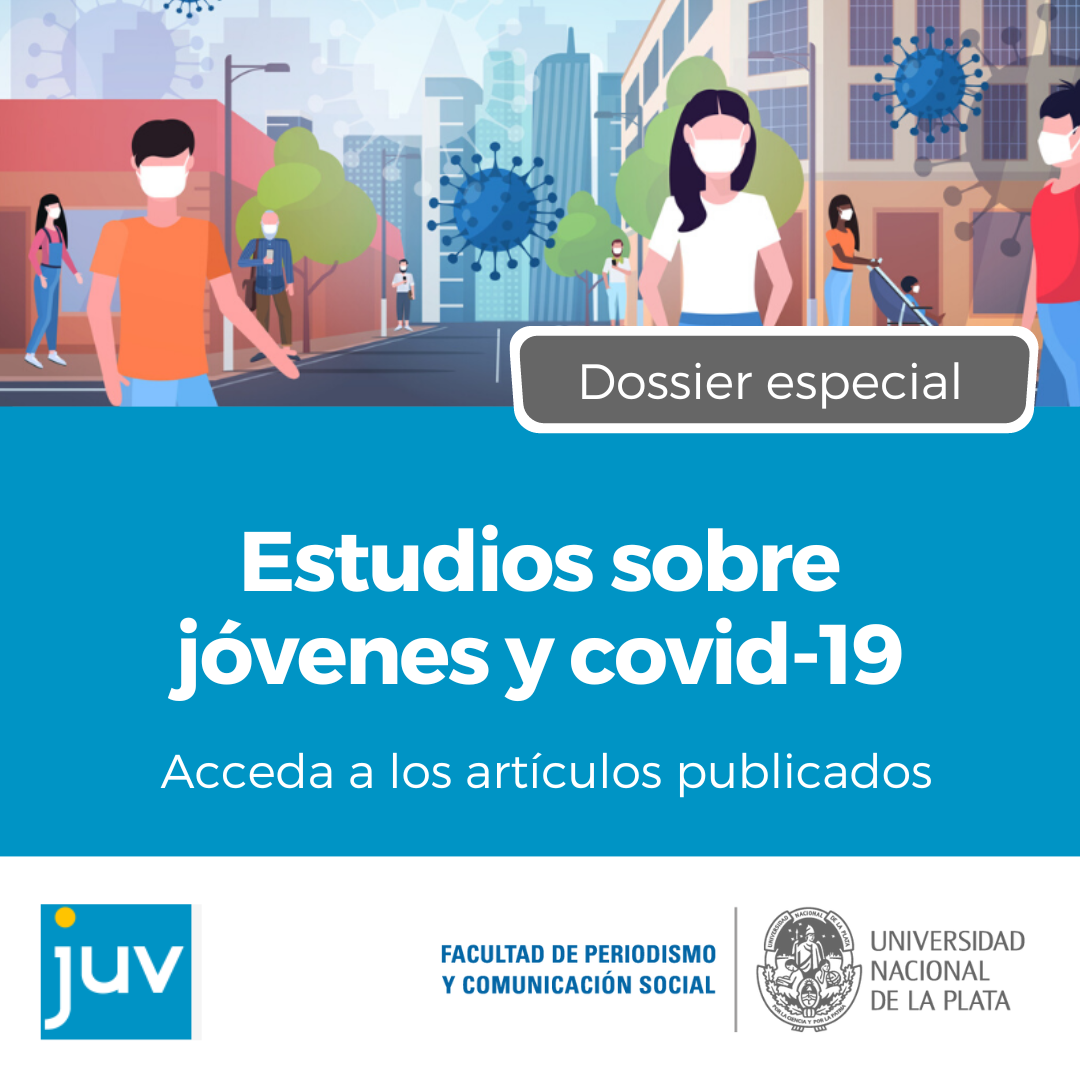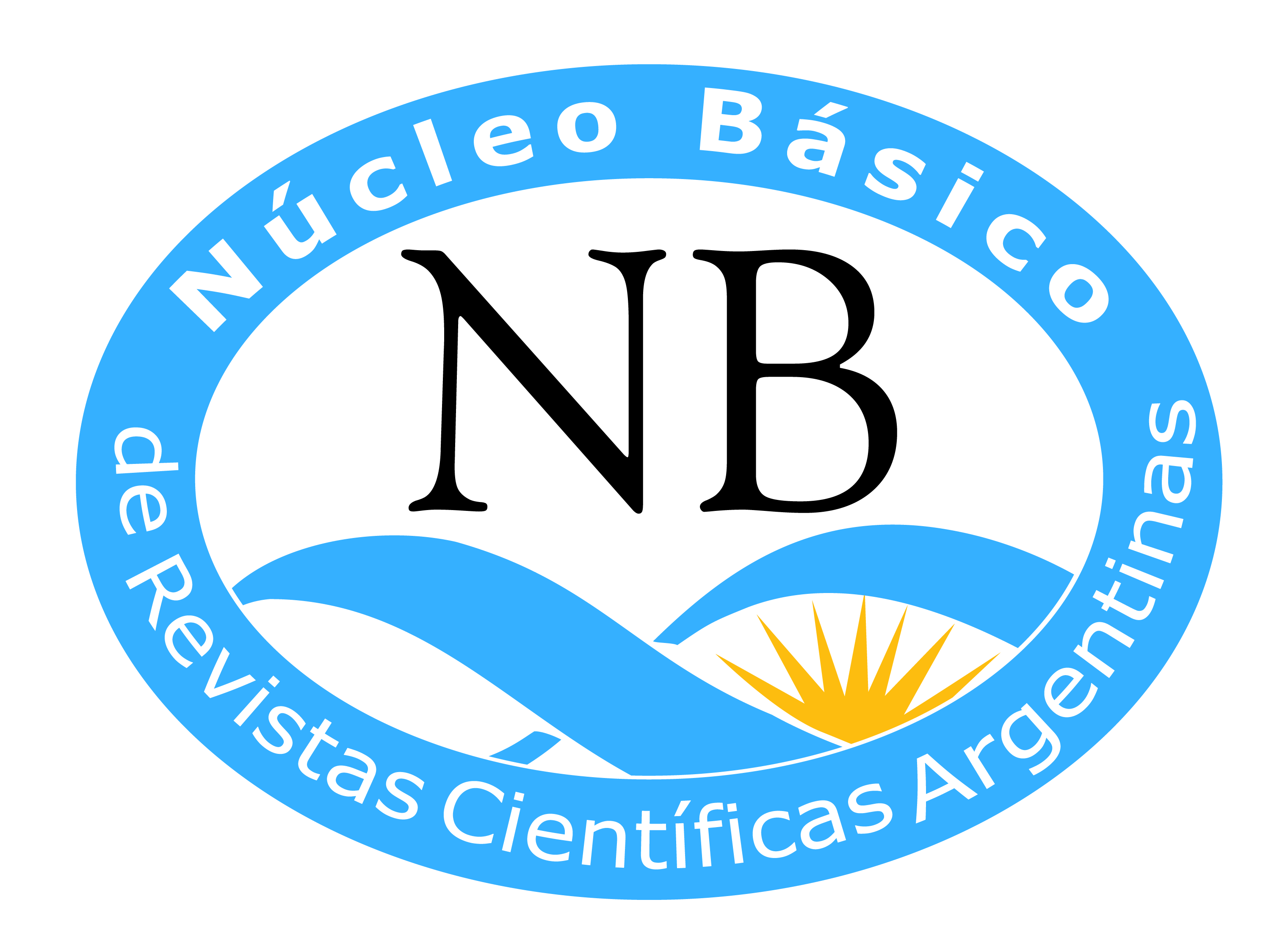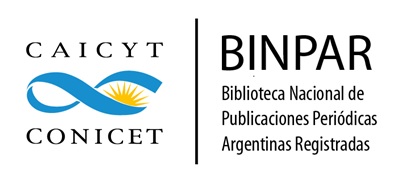The Visible, the Invisible and the Strategies
Appropriation of Digital Technologies by Young People in Civil Society Organizations
DOI:
https://doi.org/10.24215/18524907e062Keywords:
youth, Techo, OAJNU, technologiesAbstract
From a qualitative approach, we will analyze the strategies and appropriations that young people members of civil organizations OAJNU and Techo carry out on Facebook, Twitter and Instagram during the period 2016-2017. We identified that in constant uses they acquire specialized knowledge about management, the pre-figuration of specific audiences and the logic of publication in each of the digital social networks, among other learning.
Downloads
Metrics
References
Crovi Druetta, D. (2013). Repensar la apropiación desde la cultura digital. En S. Morales y M. I. Loyola (Comps.), Nuevas perspectivas en los estudios de comunicación. La apropiación tecno-mediática (pp. 11-24). Ciudad Autónoma de Buenos Aires: Imago Mundi.
Feixa, C. y Fernández-Planells, A. (2014). Generación @ versus Generación #. La juventud en la era hiperdigital. En A. Huertas y M. Figueras Maz (Eds.), Audiencias juveniles y cultura digital (pp. 35-54). Bellaterra, España: Institut de la Comunicació, Universitat Autònoma de Barcelona.
Lago Martínez, S., Méndez, A. y Gendler, M. (2017). Teoría, debates y nuevas perspectivas sobre la apropiación de tecnologías digitales. En R. Cabello y A. López (Eds.), Contribuciones al estudio de procesos de apropiación de tecnologías (pp. 75-86). Rada Tilly, Argentina: Del Gato Gris.
Lemus, M. (2017). Jóvenes frente al mundo. Las tecnologías digitales como soporte de la vida cotidiana. Revista Latinoamericana de Ciencias
Sociales, Niñez y Juventud, 15(1), 161-172. Recuperado de http://revistaumanizales.cinde.org.co/rlcsnj/index.php/RevistaLatinoamericana/article/view/2955
Martín-Barbero, J. (2002). Oficio de cartógrafo. Travesías latinoamericanas de la comunicación en la cultura. Ciudad de México, México: Fondo de Cultura Económica.
Morales, S. y Loyola, M. I. (2013). La dinámica de la apropiación tecnomediática. En S. Morales y M. I. Loyola (Comps.), Nuevas perspectivas en los estudios de comunicación. La apropiación tecno-mediática (pp. 1-11). Ciudad Autónoma de Buenos Aires, Argentina: Imago Mundi.
Moreno Gálvez, F. J. (2015). Ciudadanía y apropiación tecnológica. Herramientas para el análisis de las prácticas comunicativas de los sujetos
en torno a las nuevas tecnologías. Revista Internacional de Pensamiento Político. I Época, (10), 71-83. Recuperado de https://www.upo.es/revistas/index.php/ripp/article/view/3586
Pannunzio, M. F. (2019). Jóvenes, espacios digitales y procesos de socialización política. En T. Artieda, M. J. Simoni y G. Vega (Comps.), Libro de actas de las III Jornadas Intercambio de la Producción Científica en Humanidades y Ciencias Sociales (pp. 111-113). Resistencia, Argentina: Facultad de Humanidades, Universidad Nacional del Nordeste. Recuperado de http://hum.unne.edu.ar/publicaciones/invest_posgrado/terceras_jornadas.pdf
Reguillo, R. (2017). Paisajes insurrectos. Jóvenes, redes y revueltas en el otoño civilizatorio. Madrid, España: NED Ediciones. Wincour, R. (2009). Robinson Crusoe ya tiene celular. Ciudad de México, México: Siglo XXI.
Downloads
Additional Files
Published
How to Cite
Issue
Section
License
Copyright (c) 2021 María Florencia Pannunzio

This work is licensed under a Creative Commons Attribution-NonCommercial-ShareAlike 4.0 International License.
The acceptance of an original by the journal implies the non-exclusive transfer of the patrimonial rights of the authors in favor of the publisher, who allows the reuse, after its edition (postprint), under a Creative Commons License Attribution-NonCommercial-ShareAlike 4.0 International.
According to these terms, the material can be shared (copy and redistribute in any medium or format) and adapted (remix, transform and create another work from the material), provided that a) the authorship and the original source of their publication (magazine and URL of the work) are cited, b) is not used for commercial purposes and c) the same terms of the license are maintained.
The assignment of non-exclusive rights implies that after postprint in Revista Argentina de Estudios de Juventud authors may publish their work in any language, media and format; in that case, it is requested that they signal that the material was originally published by this journal.
Assignment also entails the authors’ authorization for the work to be collected by SEDICI, the institutional repository of the Universidad Nacional de La Plata, and for it to be indexed in the databases that the publisher thinks appropriate for enhancing the visibility of the published work and its authors.
In addition, the journal encourages authors to submit their works to other institutional and thematic repositories after their publication in Revista Argentina de Estudios de Juventud, under the assumption that offering society unrestricted access to scientific and academic production contributes to a greater exchange in global knowledge.













.png)























